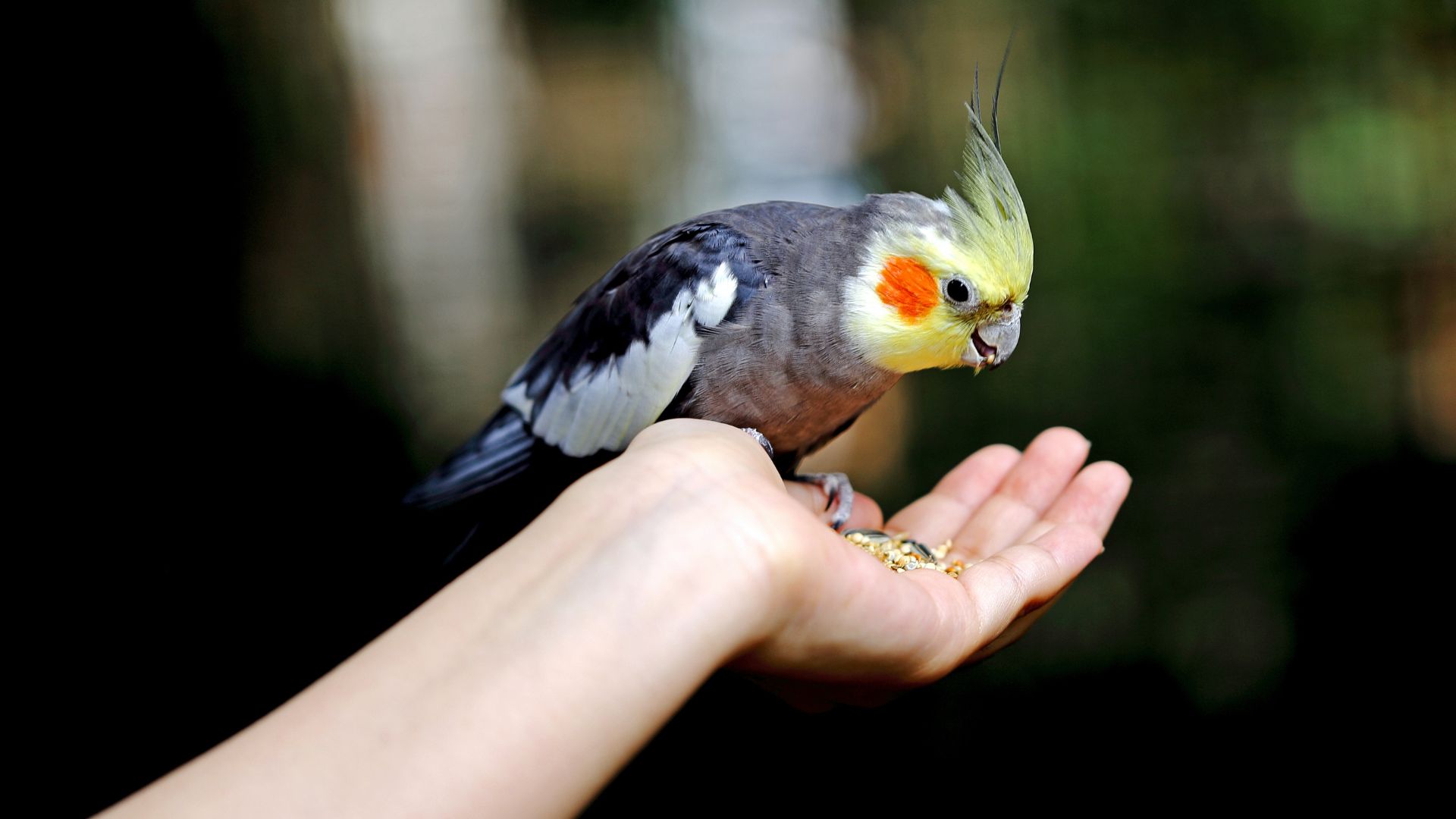Veterinarian Service
Avian Health Care
Our avian veterinary care specializes in the medical treatment and well-being of birds, encompassing a wide range of species from small parakeets to larger birds like parrots and cockatoos.
Avian Health Care in Cherry Hill, NJ
Our experienced avian veterinarians have specialized knowledge in avian anatomy, behavior, and nutrition to provide comprehensive care for your bird.
Avian Health Care
At the Animal & Bird Health Care Center you will find one of only 96 U.S. Board Certified Avian Veterinarians, Dr. Kenneth Dazen. Along with Dr. David Kupersmith, and Dr. Sharonda Meade, you have access to the largest and most experienced team of veterinarians in the region for your bird. Our doctors are all members of the Association of Avian Veterinarians (AAV). The AAV recommends a veterinary examination of a newly purchased bird within 3 days of acquiring.
With so many capable doctors, we are able to offer examinations by appointment 6 days a week as well as 24-hour on-call emergency care.

Avian Health Exam
Much of the time spent during an office visit will be spent detailing your bird’s history. Much of the information we will ask for is on our forms page under the title Avian History Form. Background information is vital in getting to know your bird, its normal behavior, diet, housing, handling, etc. We will be happy to spend as much time as required discussing recommendations for base diets, treats, and supplements, proper handling and interaction with your bird, and, most importantly, how to recognize changes in your bird’s behavior.

Initial Evaluation:
If your bird and its enclosure are small enough to transport, we ask that you bring the cage with you. We will first observe your bird in its enclosure. Your bird should be alert and fully aware of its surroundings. If your bird is staying fluffed or keeping its eyes closed, this is a warning sign that your bird is probably very sick. Changes in droppings are also an early warning sign. If your bird is larger, you can transport it in a cat carrier or a carrier designed for bird travel.

Handling and Physical Examination:
At the Animal & Bird Health Care Center, the exam is done with the owner in the room. We will use handling methods to reduce stress both for the bird and you. Comfort, minimal fear, and no pain are our common goals. Your bird will be weighed using a digital gram scale for the most accurate weight, which is important for tracking weight changes and properly dosing any needed medication. A complete body exam will be performed by looking at the eyes, ears, nares, beak, oral cavity, choana, crop, keel, wings, feathers, legs, and vent. Your bird’s heart rate and breathing are assessed by auscultation with a stethoscope. We will check for either a band or a microchip.
Diagnostics:
As prey animals, birds are uniquely qualified to hide signs of illness. Therefore, we rely on diagnostic testing to uncover any underlying problems.
Fecal Testing – Visual inspection of your bird’s dropping can provide many clues to your bird’s health. Bird droppings consist of three major components – feces (normally green or brown and tubular in shape), urates (creamy white), and urine (clear and watery). Droppings are assessed for changes in volume, color, and consistency of each component and for evidence of blood or undigested food. Feces can be further evaluated for parasites, yeast, and bacteria.
Bloodwork is a large part of evaluating overall health. One common blood test is the Complete Blood Count (CBC), which evaluates the quantity and appearance of your bird’s red and white blood cells and thrombocytes (platelets). The CBC is used to detect anemia and evidence of systemic infection or inflammatory disease. A biochemistry profile assesses your bird’s organ functions, such as kidney and liver, and other biochemical indicators, such as blood glucose, blood proteins, cholesterol (HDL and LDL), triglycerides, calcium, and electrolytes.
Sex Testing: Most parrot species are monomorphic, meaning that the males and females look alike to us on visual inspection. For these species, gender can be determined with a blood test sent to a specialized lab facility.
Specific Disease Testing: There are several viral diseases of clinical significance in birds such as Beak and Feather Disease, Polyoma, and Avian Bornavirus. In addition, there is a bacterium called Psittacosis (or Chlamydophila) that is of concern not only for the health of the bird but for the potential to affect humans. For these diseases, there are tests including serology (antibody testing) and Polymerase Chain Reaction (PCR) that can be used as screening tests.
Radiology: If your bird is sick or injured, we may recommend X-rays to evaluate areas of concern such as internal organs and skeletal structures. We have on-site high digital radiology capabilities to give us high-quality images with lower levels of radiation.
